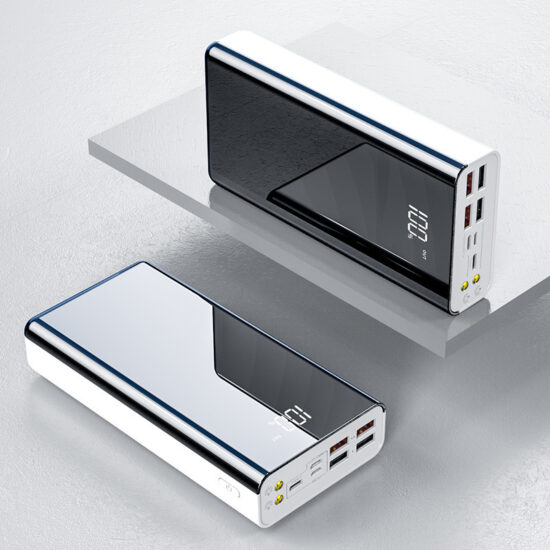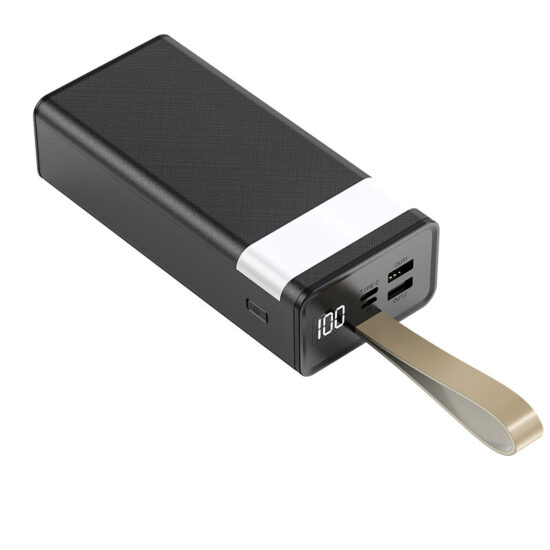bob@nbdho.com
Power Banks with Built-in Cables: Pros and Cons
Absolutely! Here’s a clear look at the Pros and Cons of Power Banks with Built-in Cables to help you decide if they’re right for you:
🔌 Power Banks with Built-in Cables: Pros and Cons
Power banks with built-in charging cables offer plug-and-play convenience — but they’re not perfect for everyone. Here’s what you need to know:
✅ Pros
1. No Extra Cables Needed
- Great for travel or commuting — just grab and go.
- Less clutter in your bag or pocket.
2. Always Ready to Use
- You won’t forget or lose your charging cable.
- Perfect for emergencies when you’re out and about.
3. Multi-Cable Options
- Many models include multiple built-in connectors (e.g., USB-C, Lightning, and Micro-USB).
- Charge multiple types of devices at once.
4. Compact and All-in-One Design
- Ideal for minimalists and light packers.
- Some even include foldable wall plugs or built-in phone stands.
❌ Cons
1. Fixed Cable Length
- Built-in cables are usually short, which may be awkward depending on where you’re using it.
2. Limited Flexibility
- If the built-in cable gets damaged, it’s not replaceable.
- You’re stuck using the built-in cable unless there are additional output ports.
3. May Not Support Fast Charging
- Some built-in cables only support standard charging speeds — always check the output specs.
4. Bulkier Design (Sometimes)
- Models with multiple built-in cables or extras (like wall plugs) can be slightly thicker.
🛠️ Pro Tip:
Choose a model that also includes a universal USB port — so you can use an external cable if needed.
🥇 Recommended for:
- Travelers
- Students
- Busy professionals
- Anyone who hates carrying extra cords
📌 Final Verdict:
Power banks with built-in cables are ultra-convenient, especially for daily use and travel. Just make sure the built-in cable matches your phone type and charging speed needs.
Want help picking one for your device type (iPhone, Android, etc.)? I’d be happy to recommend!

